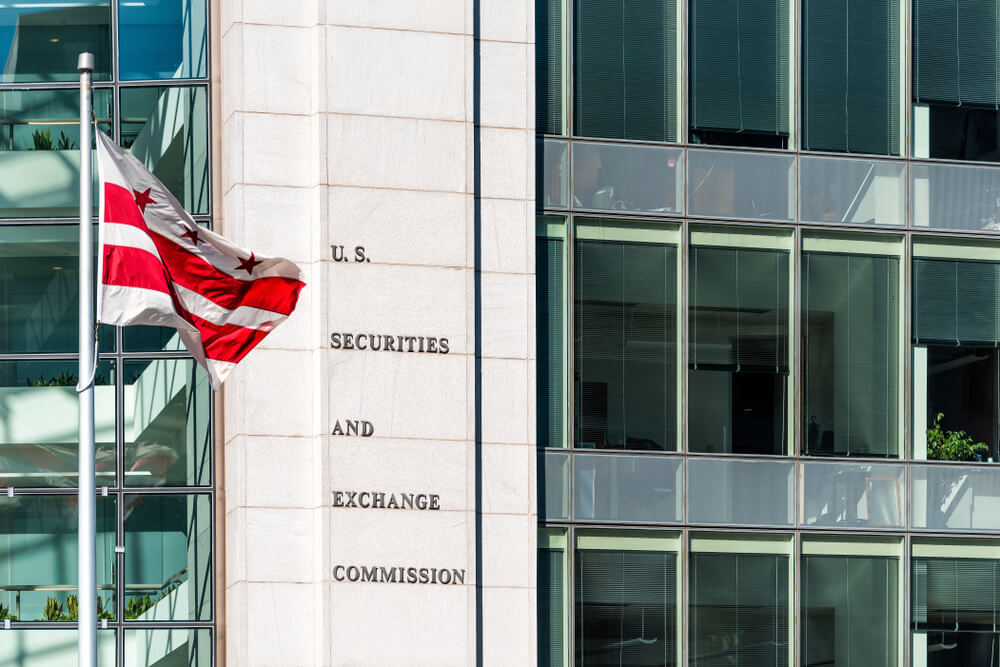ImpactAlpha, Sept. 8 – The U.S. Department of Labor is seeking to sharply curtail the ability of private sector retirement funds to engage companies on environmental, social and governance, or ESG, issues.
The tipoff comes in a clause that permits pension plan fiduciaries to vote proxies in line with corporate management, while otherwise prohibiting votes on ‘non-pecuniary issues.’
“The Trump Department of Labor is trying to shield irresponsible corporate leaders from the consequences of their actions by undermining basic tenets of shareholder democracy and responsible corporate governance,” Majority Action’s Eli Kasargod-Staub said in a statement.
The Labor Department oversees the majority of private retirement accounts such as 401(k)s via the Employee Retirement Income Security Act, or ERISA. Americans have some $29 trillion in retirement assets, including $8.2 trillion in defined contribution plans such as 401(k)s.
The proposed rule, “Fiduciary Duties Regarding Proxy Voting and Shareholder Rights,” places strict parameters around when a plan fiduciary may vote. It would require fiduciaries to vote on matters that have a clear economic impact on a plan’s investments, while prohibiting votes that do not have a clear cut financial impact.
The Labor Department said it is concerned fiduciaries “may be acting in ways that unwittingly allow plan assets to be used to support or pursue proxy proposals for environmental, social, or public policy agendas that have no connection to increasing the value of investments used for the payment of benefits or plan administrative expenses, and in fact may have unnecessarily increased plan expenses.”
Concerted attack
The administration’s moves buck a clear market trend. The net inflow of nearly $21 billion into sustainable funds in the first six months of the year nearly matches the record total for all of last year, according to Morningstar.
U.S. Department of Labor: Green Light for ‘Economically Targeted’ Impact Investments
The proposal comes a month after investors overwhelmingly opposed another rule proposed by the Labor Department that would make it difficult for retirement plans to offer ESG funds as part of their menu of options. Of the more than 8,600 public comments submitted, 95% opposed the rule, according to an analysis by US SIF. That rule was called, variously, contradictory, contemptuous and fatally flawed.
Another agency, the Securities & Exchange Commission, has floated rules that would make it harder for shareholders to file resolutions or to rely on advice from proxy advisors.
The SEC’s job is protect investors. Its proposal to weaken shareholder rights does the opposite.
The concerted attack on ESG investing by the government agencies stand in contrast to the establishment of ESG standards by other countries, particularly in Europe.
“It would appear that the DOL and SEC are intent on dampening ESG investing including substantially eroding shareholder rights,” the U.S. Impact Investing Alliance’s Fran Seegull told ImpactAlpha. She said the actions “are clearly intended to disenfranchise broad groups of investors, either barring them from engaging with corporate managers or eliminating disclosure of the material information needed to make informed investment decisions.”
Core principles of transparency and accountability, she added, “are being eroded to protect corporate managers from even the most basic forms of investor oversight.”
Comment window
The proxy voting proposal, like the earlier one targeting fund selection, has a short 30-day window for public comments. Impact investors are already registering their disapproval. The Alliance urged the DOL to suspend rulemaking until well after the COVID19 pandemic and economic crisis have passed.
“Both the current and previous Department of Labor proposed rules are based on a faulty understanding of the state of investing,” wrote Bhakti Mirchandani of Trinity Church Wall Street. Rather than creating unnecessary expenses in pursuit of positive social and environmental goals, “corporate engagement on ESG issues provides an additional risk control tool to investors above and beyond the risk mitigation that diversification creates.”
She also noted that foreign investors are not impacted by the proposed rule. “Constraining the voice of large segment of US investors in the investor-corporate dialogue is likely to amplify the influence of unconstrained foreign investors over sustainability practices at US companies,” added Mirchandani.
Comments, identified by the Regulatory Identifier Number 1210-AB91, can be submitted to the Federal eRulemaking Portal at www.regulations.gov by September 30th.











